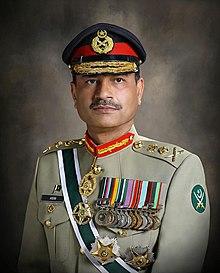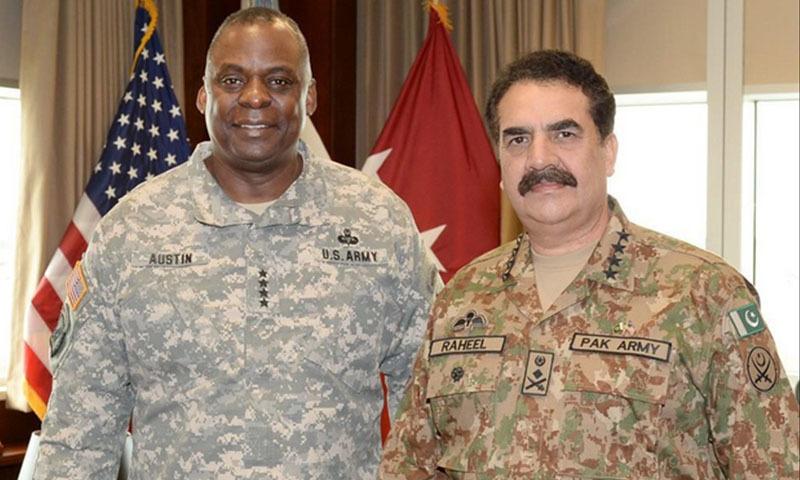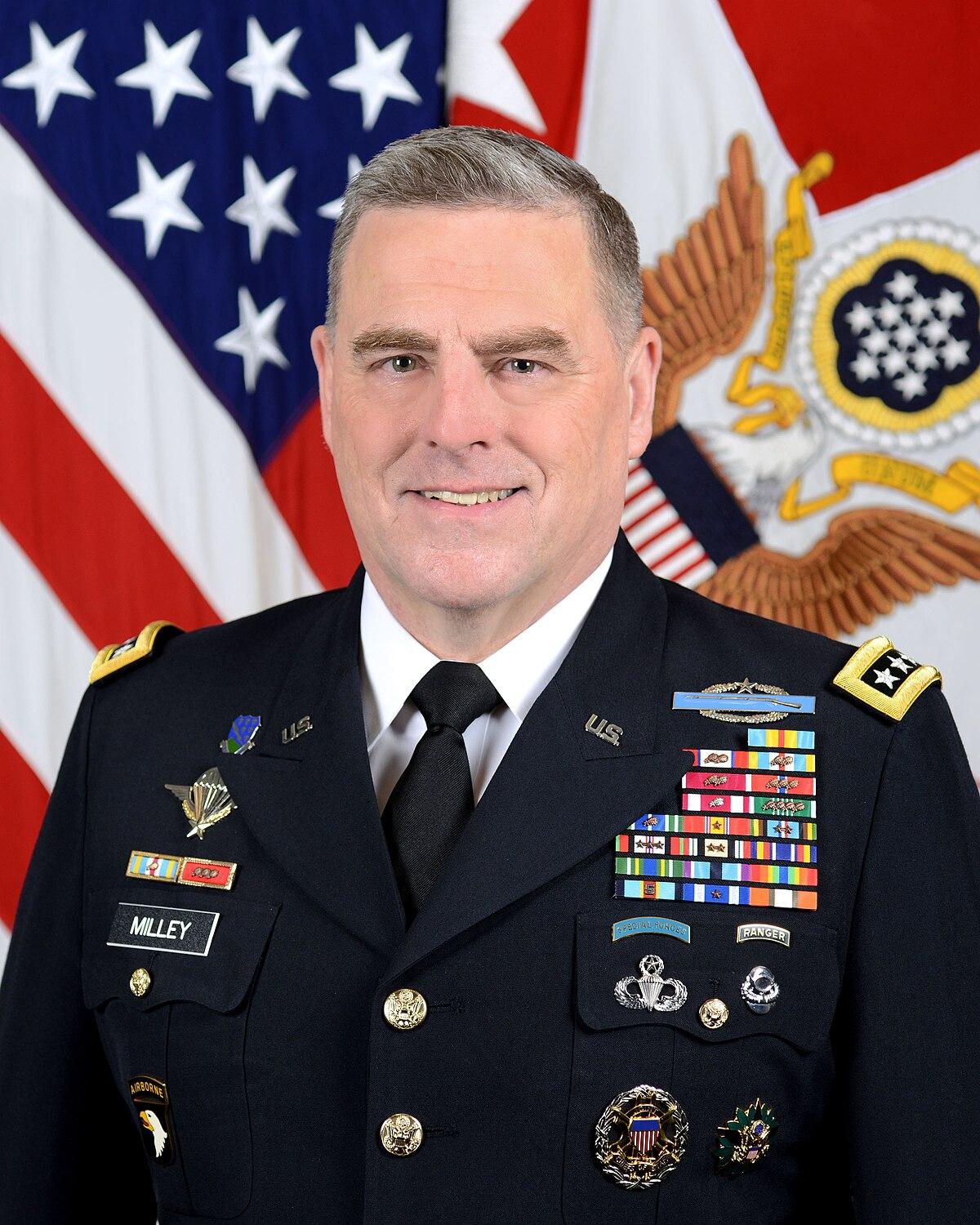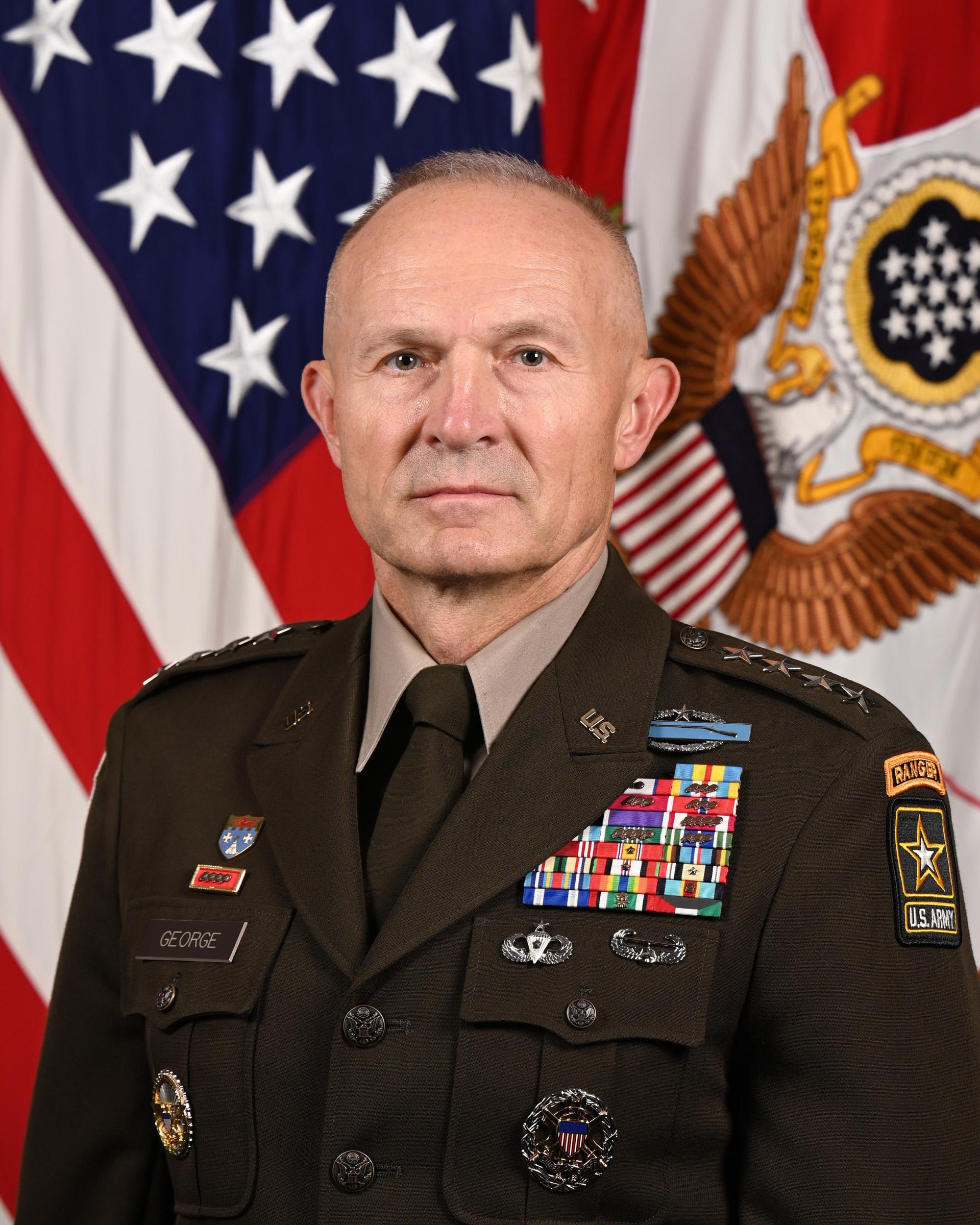New Leadership Emerges as Army Chief Assumes the Presidency in Lebanon
The election of the army chief as Lebanon’s president marks a pivotal moment in a country that has seen prolonged political paralysis amidst deepening economic crisis and social unrest. After years of deadlocked negotiations and numerous failed attempts to appoint a leader,this growth brings a semblance of hope for stability in a nation grappling with significant challenges. The newly elected president, widely respected for his military leadership, promises to bridge divides and foster national unity as he steps into a role that requires deft navigation through a turbulent political landscape.
In his inauguration speech, the president highlighted priorities that resonate with the Lebanese populace, including:
- economic Reforms: Immediate actions to address the crippling economic downturn and implement sustainable reforms.
- National Security: Enhancing stability and security through a strengthened military and intelligence apparatus.
- Political Dialog: Encouraging open discussions among all political factions to restore trust in government institutions.
The transition of power to military leadership raises questions about the balance of civil-military relations in Lebanon, but analysts believe that the army’s popularity could help mend a fractured political system and lead to a more accountable governance structure. As the country looks toward a new chapter, hope is tempered with caution, as citizens remain vigilant regarding potential changes to their rights and freedoms under military influence.

Impact of the Presidential Election on Lebanons Political Landscape
The recent election of the army chief as lebanon’s president marks a transformative moment for the country’s political framework, which has been marred by years of stagnation and factional disputes.This milestone not only resolves a prolonged leadership vacuum but also signals a potential shift in the dynamics of power. The new president’s ties to the military could facilitate a more unified approach to governance, aiming to restore order in a nation that has been struggling with economic paralysis, rampant corruption, and sectarian division.
Observers believe that this development may lead to several notable impacts on the political landscape:
- Strengthened Security Agenda: There is an anticipated emphasis on enhancing national security, as the military background of the new president could usher in a more robust response to both internal and external threats.
- Revival of Dialogues: With a less contentious figure at the helm, dialogue among Lebanon’s diverse political factions might become more feasible, paving the way for critical reforms.
- International Relations: This election could reshape lebanon’s relationship with foreign entities, preparing ground for renewed support and much-needed economic assistance.

Challenges Ahead: Addressing Governance and Economic Crisis Post-Election
The election of the army chief as Lebanon’s president marks a pivotal turn in a political landscape marred by prolonged deadlock.However, this new leadership faces a daunting task ahead as the nation grapples with pressing governance issues and an escalating economic crisis. Amidst the hope that the election might restore stability, the realities of a deeply fractured political system linger, complicating efforts for reform. The incoming administration must now prioritize a series of critical challenges to foster confidence among both the population and international observers:
- Strengthening institutions: rebuilding trust in governmental bodies that have long been perceived as inefficient and corrupt.
- Implementing economic reforms: Addressing the severe financial collapse that has devastated the livelihoods of many Lebanese citizens.
- Negotiating with international partners: Securing essential aid and support from global institutions while navigating a complex web of foreign relations.
- Restoring public services: Revitalizing essential services such as electricity, water, and healthcare that have deteriorated considerably.
- Fostering social cohesion: Bridging the divides among Lebanon’s diverse communities to ensure inclusive governance and prevent further civil unrest.
In this context, the effectiveness of the new presidency will be measured not just by its initial actions but by sustained efforts to address these intertwined challenges. The political will and collaborative spirit among various factions will play a crucial role in determining whether Lebanon can overcome its current crises. The nation’s citizens are watching closely, and the newly elected leader must act swiftly and decisively to mend the fabric of a society frayed by years of instability and disillusionment.

Path Forward: Recommendations for Sustainable Reforms and Stability in Lebanon
The election of the army chief as Lebanon’s president marks a pivotal moment for the nation,but it also underscores the urgency for extensive reforms to address the multifaceted crises afflicting the country. Immediate actions must be taken to restore public trust in the government and regain international support.A focus on clarity and accountability within all state institutions is essential to combat the rampant corruption that has undermined Lebanon’s foundation. Key recommendations include:
- Establishing an independent anti-corruption commission to investigate and prosecute corruption cases.
- Implementing electoral reforms that enhance depiction and reduce sectarian divides,fostering a more inclusive political landscape.
- Creating a sustainable economic recovery plan that prioritizes job creation, social safety nets, and rebuilding critical infrastructure.
Additionally, fostering dialogue among political factions will be crucial for achieving lasting stability. encouraging civil society participation can bridge the gap between citizens and the government, enabling a collaborative approach to governance. Strengthening the rule of law and ensuring that judicial processes are fair and unbiased will also play a significant role in promoting stability. To this end, it’s vital to:
- Empower local governance to address community-specific needs and enhance public services.
- Prioritize human rights and individual freedoms to rebuild trust between the people and their government.
- seek strategic partnerships with international organizations and nations for technical assistance and financial support.
